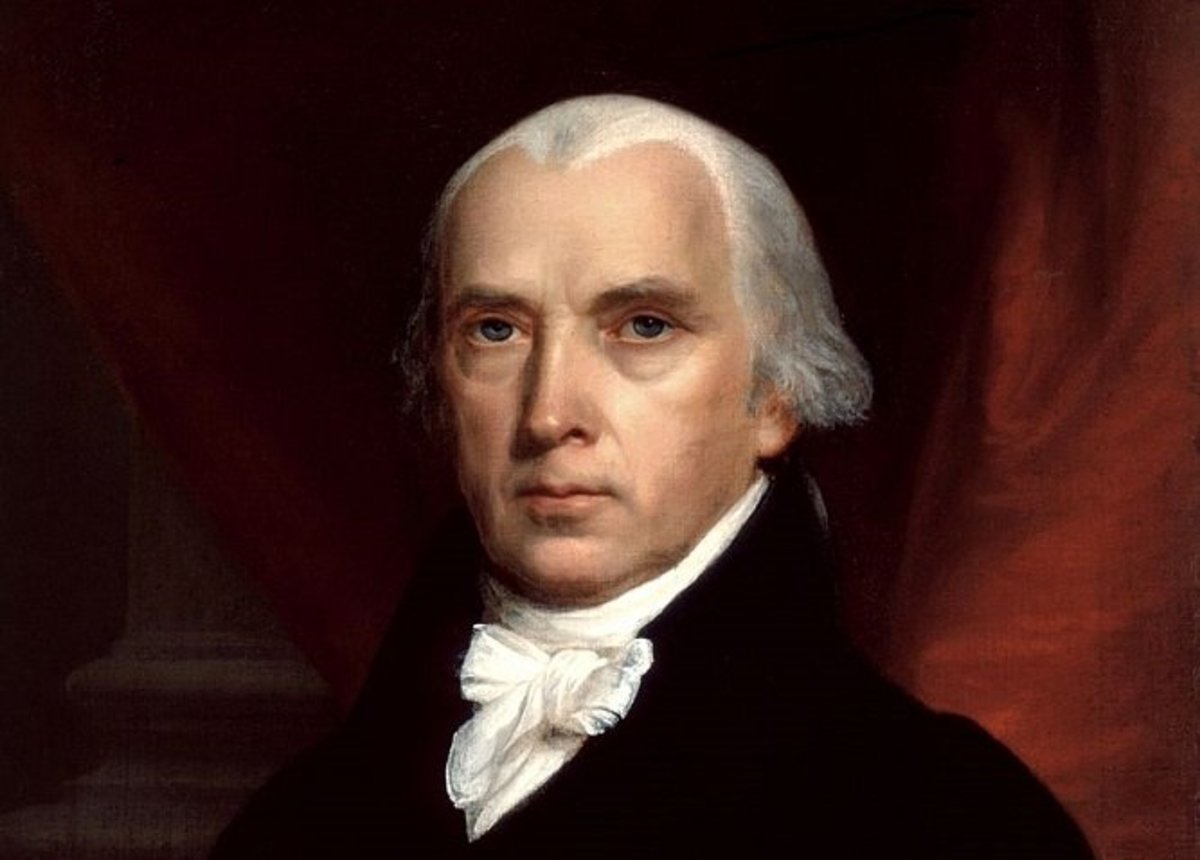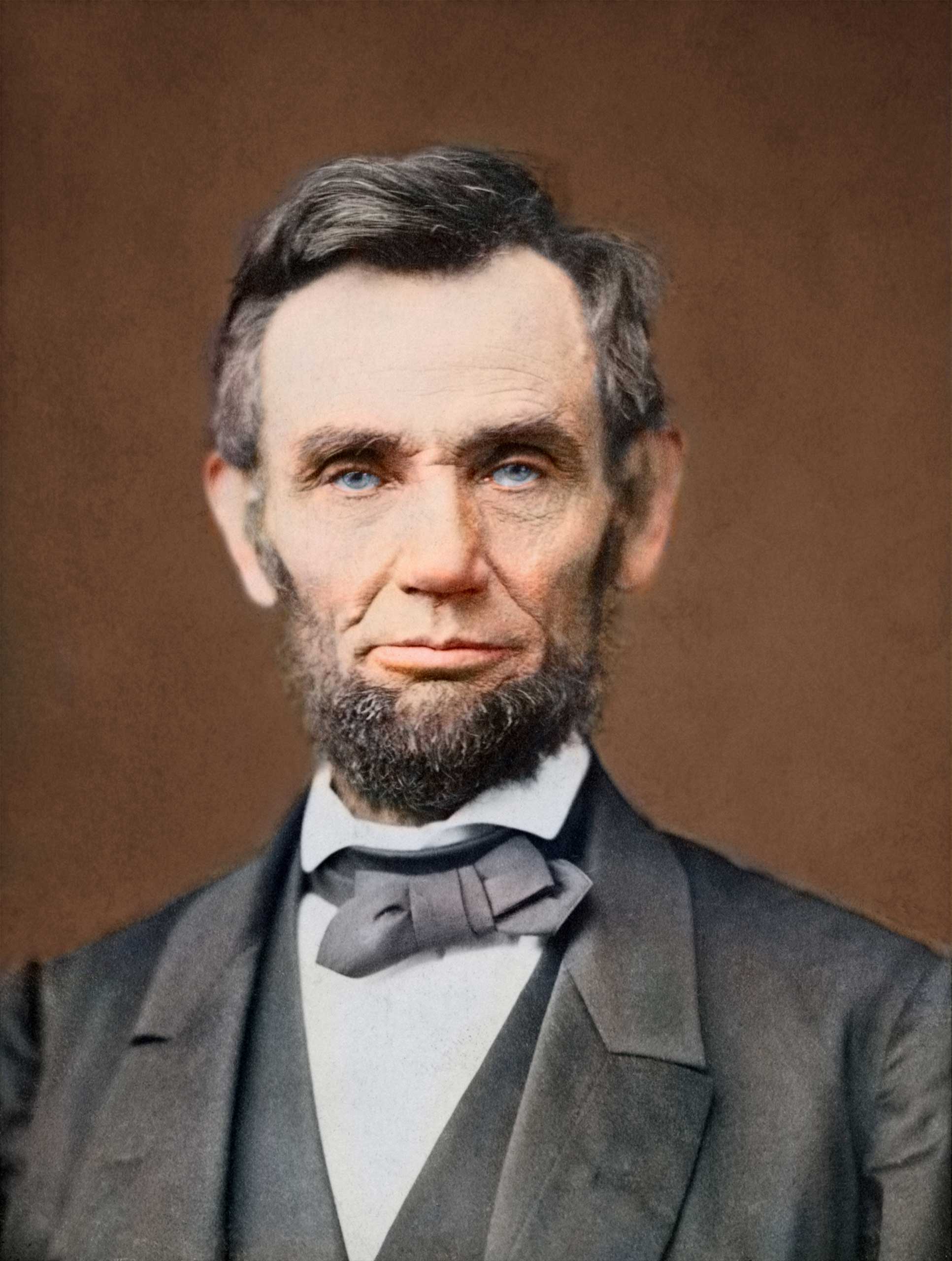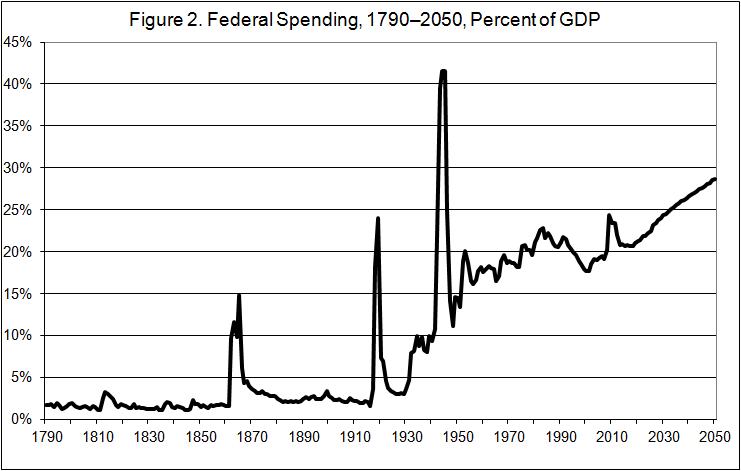People in that generation might be more accepting of big government than those of other generations."
MCF #7: "IMHO, it was the 17th Amendment that really destroyed federalism."
progressingAmerica #39: "I agree, followed closely in its danger (in a different context) by the 16th Amendment.
Both of which (amendments) owe their existence to Theodore Roosevelt."
There were four candidates in 1912,
each more progressive than the next:
 Hmmmmm... I'm starting to understand that there is a serious bug up some people's hindquarters to paint Teddy Roosevelt with the same "Progressive" brush as Woodrow Wilson, and yet I'm most reluctant to grant that they were just two peas in the same Progressive pod.
Hmmmmm... I'm starting to understand that there is a serious bug up some people's hindquarters to paint Teddy Roosevelt with the same "Progressive" brush as Woodrow Wilson, and yet I'm most reluctant to grant that they were just two peas in the same Progressive pod.
So far as I can tell, it's just more work of Democrat devils saying: "oh, do you like trashing our hero Wilson? Well, then we'll just trash the h*ll out of your hero Teddy Roosevelt!!".
But the basic, fundamental, root problem with all this kind of nonsense is, people are looking at Teddy Roosevelt through the lens of Franklin Roosevelt and saying, in effect -- "because Franklin Roosevelt did 'Y', therefore, 'Y' is what Teddy Roosevelt intended by 'X' ".
I just don't buy that.
 Take, for example, the 16th Amendment -- Federal income taxes, on this thread blamed on Teddy Roosevelt, and yet:
Take, for example, the 16th Amendment -- Federal income taxes, on this thread blamed on Teddy Roosevelt, and yet:
- An income tax was first proposed by a Democrat, the Father of the Constitution, Pres. James Madison as a temporary wartime measure during the War of 1812.
That war ended before Congress could pass the tax, but this pedigree suggests to me that an income tax was neither unknown nor abhorrent to our Founders and their Constitution.
- During the Civil War the Republican Congress enacted a temporary wartime income tax which raised around $100 million of the war's total $5 billion cost.
That tax ended in 1872 under Pres. Grant. - As early as 1880, just eight years after the Civil War income tax ended in 1872, political groups began advocating a new graduated income tax:
- 1880 the Greenback Party (aka National Independent Party) called for an income tax, 8-hour work day and women's suffrage.
- 1892 the Populist Party Omaha Platform called for, along with an 8-hour workday, direct election of US senators, pensions for former Union soldiers, nationalized railroads and elimination of private banks, also a graduated income tax.

- 1908 the Democrat Party platform also called for a graduated income tax and direct election of US senators.
- In 1912, Teddy Roosevelt's Progressive ("Bull Moose") Republicans supported the 16th Amendment, as did the other candidates, Wilson, Taft & Debs.
Roosevelt's support is listed as arising from his concerns about military threats posed by increasingly aggressive empires in Asia and Europe, producing a need for stronger US military forces.
In other words, TR saw income tax as a revenue source for a military necessary to maintain "peace through strength".
Teddy Roosevelt's Great White Fleet:
 My answer is, I don't think TR could have imagined what FDR would do with the progressive reforms TR supported.
My answer is, I don't think TR could have imagined what FDR would do with the progressive reforms TR supported.
And a most curious aspect of this is that Franklin Roosevelt did not call himself a "progressive" but rather insisted he was a "liberal" -- with the distinction being "progressives" by the 1930s were considered ideologically anti-constitution, while FDR insisted that he & other "liberals" supported the Constitution, just needed to make some changes to help people suffering from the Great Depression.
In today's political landscape, among Democrats, 37% consider themselves to be "moderates" (i.e., Manchin), 51% call themselves "liberals" (i.e., Biden?) and 12% self-identify as the Progressive Left (i.e., AOC).
Bottom line:
This graph below is the problem with blaming Teddy Roosevelt in, say, 1908 for what Franklin Roosevelt and other Democrats did from the 1930s on.
Federal spending as a percentage of US GDP since 1790 (in 2023 = 22.4%):